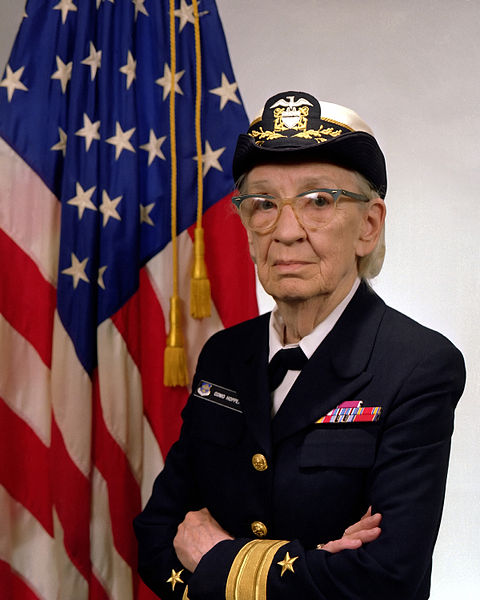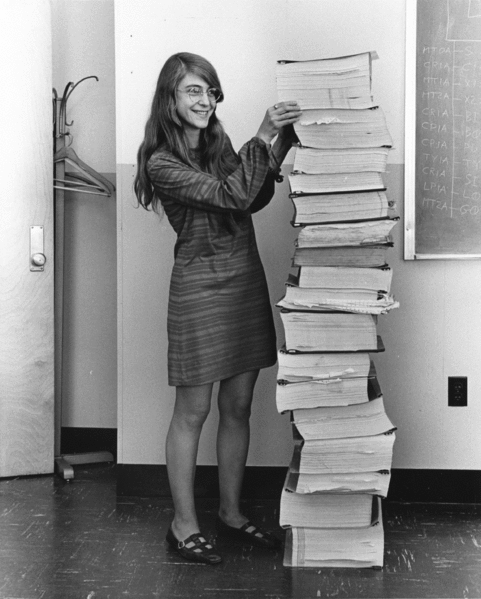
The Electrochemical Society with Toyota North America
2017-2018 ECS Toyota Young Investigator Fellowship
for Projects in Green Energy Technology
Proposal Submission Deadline: January 31, 2017
ECS, in partnership with the Toyota Research Institute of North America (TRINA), a division of Toyota Motor Engineering & Manufacturing North America, Inc. (TEMA), is requesting proposals from young professors and scholars pursuing innovative electrochemical research in green energy technology.
Global development of industry and technology in the 20th century, increased production of vehicles and the growing population have resulted in massive consumption of fossil fuels. Today, the automotive industry faces three challenges regarding environmental and energy issues: (1) finding a viable alternative energy source as a replacement for oil, (2) reducing CO2 emissions and (3) preventing air pollution. Although the demand for oil alternatives—such as natural gas, electricity and hydrogen—may grow, each alternative energy source has its disadvantages. Currently, oil remains the main source of automotive fuel; however, further research and development of alternative energies may bring change.
Fellowship Objectives and Content
The purpose of the ECS Toyota Young Investigator Fellowship is to encourage young professors and scholars to pursue research in green energy technology that may promote the development of next-generation vehicles capable of utilizing alternative fuels. Electrochemical research has already informed the development and improvement of innovative batteries, electrocatalysts, photovoltaics and fuel cells.
Through this fellowship, ECS and TRINA hope to see more innovative and unconventional technologies borne from electrochemical research.
The fellowship will be awarded to a minimum of one candidate annually. Winners will receive a restricted grant of no less than $50,000 to conduct the research outlined in their proposal within one year. Winners will also receive a one-year complimentary ECS membership as well as the opportunity to present and/or publish their research with ECS.
Meet previous winners.
(more…)
 More than 12,000 academics, including 40 Nobel laureates, have added their names to an online petition condemning U.S. President Donald Trump’s recent executive order that institutes “extreme vetting” of refugees and limits immigration from Iran, Iraq, Libya, Somalia, Sudan, Syria, and Yemen into the U.S.
More than 12,000 academics, including 40 Nobel laureates, have added their names to an online petition condemning U.S. President Donald Trump’s recent executive order that institutes “extreme vetting” of refugees and limits immigration from Iran, Iraq, Libya, Somalia, Sudan, Syria, and Yemen into the U.S.

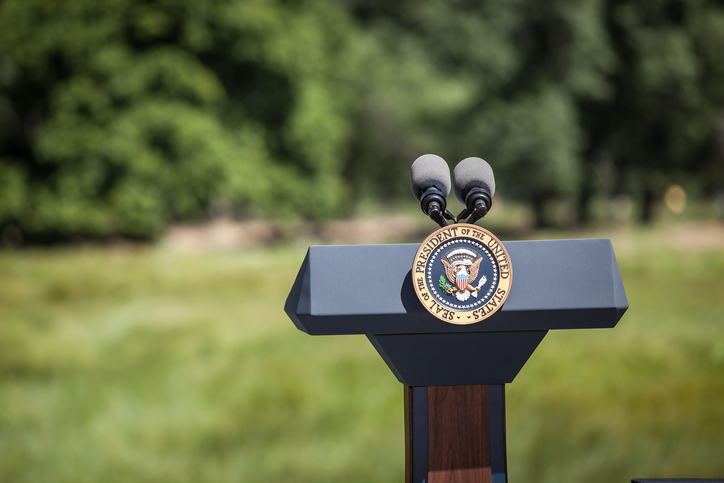 While not the only source of science, government funded research plays a huge role in the lives of many individuals. From something as simple as the weather apps underpinned by the National Weather Service to the Food and Drug Administration’s work on
While not the only source of science, government funded research plays a huge role in the lives of many individuals. From something as simple as the weather apps underpinned by the National Weather Service to the Food and Drug Administration’s work on 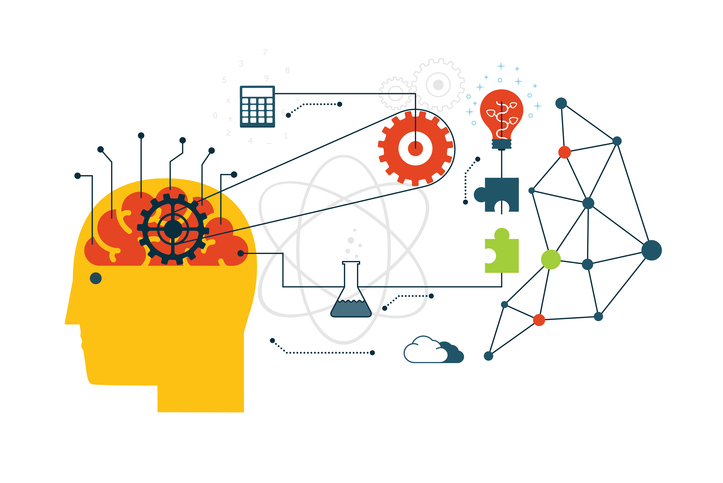 A new initiative that goes by the name,
A new initiative that goes by the name, 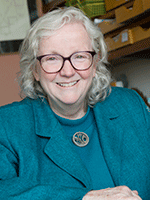 Johna Leddy
Johna Leddy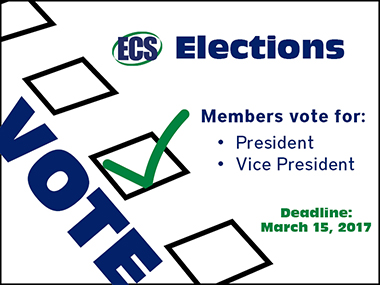
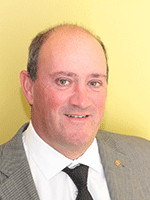 Stefan De Gendt
Stefan De Gendt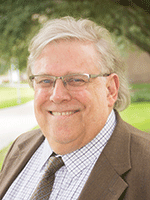 Andrew Hoff
Andrew Hoff
 We’re wrapping up another year and reflecting on some of our top
We’re wrapping up another year and reflecting on some of our top 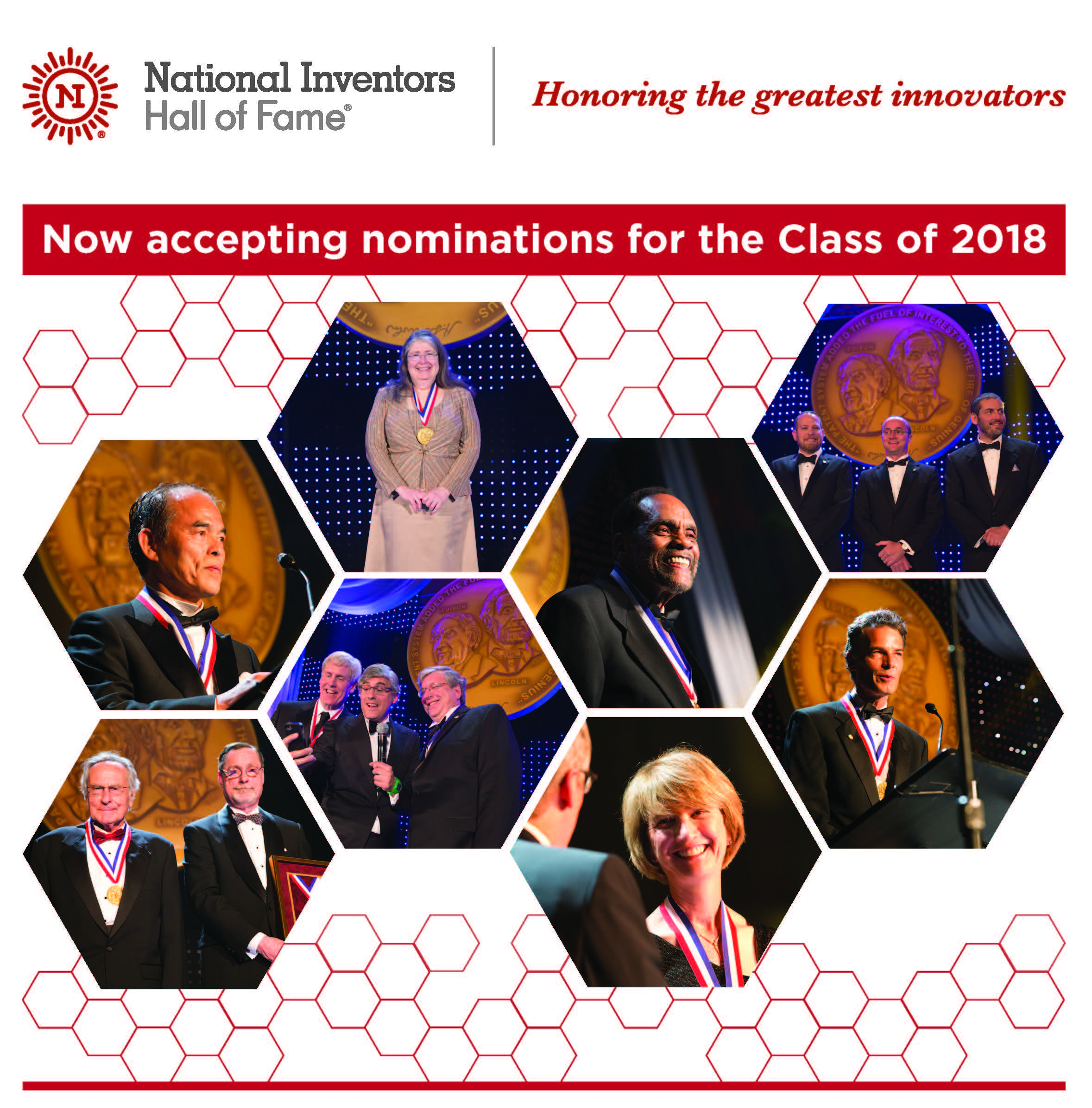 The National Inventors Hall of Fame was founded in 1973 and continues to honor individuals among us who strive to make the world a better place through innovation. With a simple mission to recognize inventors and invention, the National Inventors Hall of Fame announces a call for nominations for 2017 recognition.
The National Inventors Hall of Fame was founded in 1973 and continues to honor individuals among us who strive to make the world a better place through innovation. With a simple mission to recognize inventors and invention, the National Inventors Hall of Fame announces a call for nominations for 2017 recognition.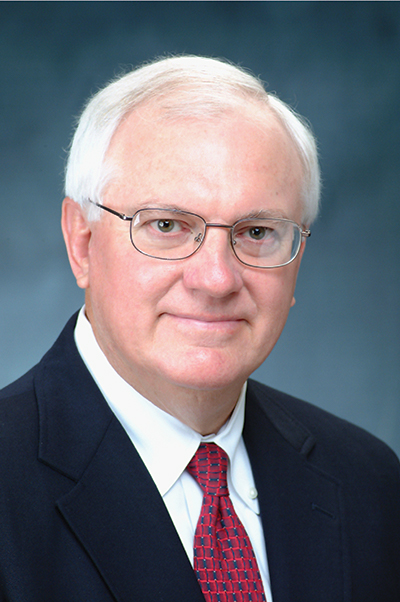 ECS Fellow
ECS Fellow